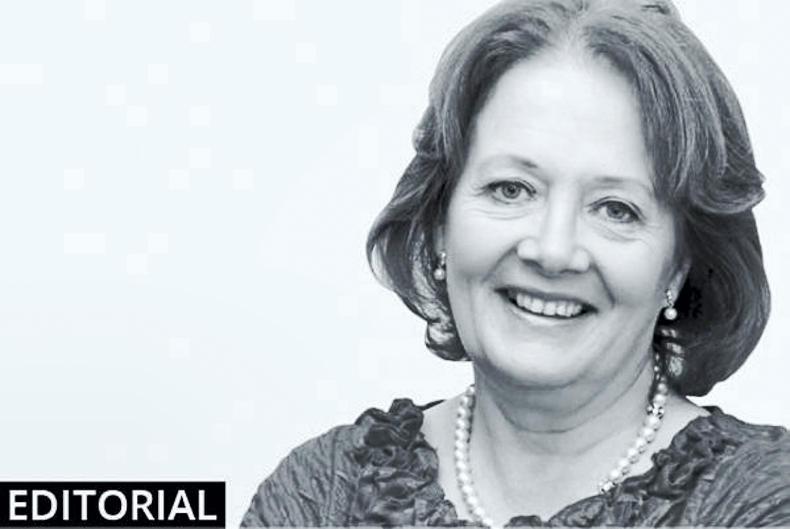Christmas can be the most wonderful time of year when the extended family comes together and memories are created that will last a generation and more.
It’s no accident that we celebrate this time of year. After all, people have been doing so for thousands of years. Our pagan ancestors celebrated the winter solstice by bringing greenery into their homes to signify hope for the future. We do the same with holly and a tree.
The early Christians grasped the significance of this time of celebration and were smart enough to adapt it for their own purposes and hence we have the celebration of the birth of Jesus.
Just imagine if there was no Christmas, and December stretched before us much like November and January. There would be no tree or fairy lights. No day of feasting, no presents, no religious services or uplifting carols. No Santy. Sure we’d all be miserable.
For me, Christmas is a wonderful distraction from the real world. But in our joy for the season, it is important to remember that, for many people, Christmas can be a very distressing time of year. It can signify the first Christmas without a loved one sitting around the dinner table. It can remind one of loss, of chances missed or friends forgotten. Indeed, it can be a very lonely time for many.
One family facing loss at Christmas is the O’Deas from Athenry. Twenty-one years ago last month the three O’Dea girls – Majella and twins Denise and Deirdre – were all set to graduate from college. You can imagine the excitement, with talk of what to wear and grad balls and all that goes with celebrating the hard work that goes into achieving a college degree. This was the chat between Deirdre and her mother Mary Jo at 11am on an ordinary weekday morning. There was nothing to suspect that 30 hours later Denise would be dead. She died of meningococcal B septicaemia.
“Some time after our chat, Deirdre began to get flu symptoms. Next thing we knew she was in hospital and she only lasted an hour and a half after we got there. It was beyond belief what happened. It was our worst nightmare. It all happened so quickly – it was unbelievable,” recalls Mary Jo.
She believes what happened to her daughter Deirdre could happen to other young people. She is a passionate advocate of creating awareness of men B and the vaccine that can help prevent it.
“For 18 years after Deirdre died, you could do nothing about men B because there was no vaccine, but that all changed in December 2013 when a vaccine was developed.”
While welcoming the news that the men B vaccine will be rolled out to babies, Mary Jo is campaigning to have it free for older children and young adults as well. Knowing Mary Jo as I do, she won’t stop until she succeeds. You can read more about Mary Jo’s campaign on pages 32-33.
Finally, on behalf of everyone in Irish Country Living, I would like to wish all our readers a peaceful and happy Christmas.






 This is a subscriber-only article
This is a subscriber-only article





SHARING OPTIONS: